Bruising (hematoma) usually occur as a result of blunt injuries. External forces cause damage to blood vessels running under the skin surface, so that blood escapes into the tissue. The tendency to form a bruise varies from person to person - home remedies can help to alleviate different stages of injury.
What helps against bruises?

If a bruise occurs, sensible measures to be taken depend, among other things, on the severity of the injury and general health. If, for example, a particularly large bruise swells due to the use of blood-thinning medication, it may be advisable to consult a doctor. In many cases, however, a hematoma can be effectively combated with the help of home remedies.
Immediately after a blunt injury to extremities such as arms or legs, the risk of a bruise can be reduced, for example by using a tight bandage. Such a bandage should be placed in the area of the experienced shock or blow - the resulting pressure can restrict the escape of blood from the vessels. When applying a bandage to prevent bruising, however, care must be taken that excessive pressure does not completely interrupt the blood supply.
If arms or hands are affected by a shock, it can make sense to briefly position the relevant part of the body at the level of the heart - this reduces the blood flow into the injured tissue and reduces the risk of a bruise. After a severe blunt injury to the leg or foot, a similar effect can be achieved by lying down for a short period of time.
If a bruise has been around for more than approx. 24 hours, it can be effectively countered with heat (however, this measure should be avoided in the first 24 hours after a shock or blow): A heat source at a comfortable temperature applied to the injured part of the body (such as e.g. a hot water bottle or a heating pad) can accelerate the dissolving of blocked blood.
Quick help
The sooner a bruise is encountered after a blunt injury, the more effective the corresponding measure will usually be. One form of quick help is, for example, immediate cooling of the affected area of the body.
For example, ice pads or cooling bags are suitable for this. If such a cold source is not at hand, a washcloth with cool water can be used as an alternative. The use of cooling bags or ice pads should be briefly interrupted after every 10 minutes to prevent hypothermia of the skin. For a similar reason, it is also recommended to protect the skin with a cloth before applying appropriate cooling elements.
In order to combat a bruise that has been around for at least 24 hours as quickly as possible, a warm compress, for example, which is soaked in warm water with a tablespoon of vinegar can be used. The vinegar it contains stimulates the flow of blood beneath the surface of the skin and can thus accelerate the reduction of bruises.
You can find your medication here
➔ Drugs for wound treatment and injuriesAlternative remedies
If a bruise is to be combated with the help of alternative remedies, those affected can, for example, use arnica. The active ingredients of the medicinal plant have anti-inflammatory and decongestant effects. So that the remedy can develop its soothing effect, it should be applied to a bruise several times a day, for example in the form of creams or gels.
Thanks to the active ingredient tannin, it is also able to accelerate the healing of bruises. When applied about three times a day, the oil causes tissue contraction after a certain period of use, which in turn inhibits the further leakage of blood from the injured blood vessels.
The herb parsley is also said to have an anti-inflammatory and anti-inflammatory effect - for this purpose, the grated herb is to be applied to a bruise using an elastic bandage. Last but not least, a hematoma can also be countered using the pineapple. The enzyme bromelain contained in the fruit can relieve pain and inflammation if taken regularly.

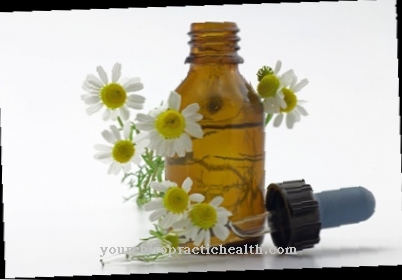
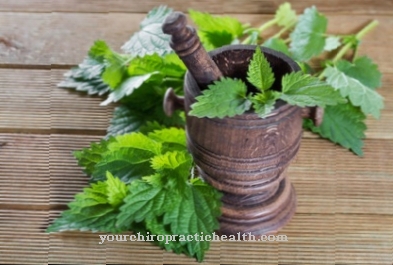
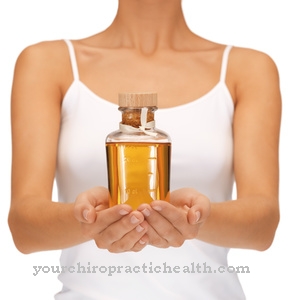

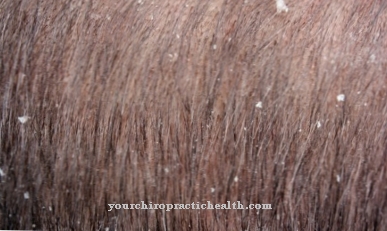
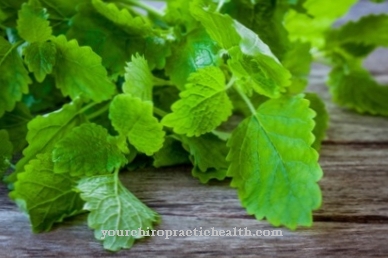






.jpg)

.jpg)
.jpg)











.jpg)